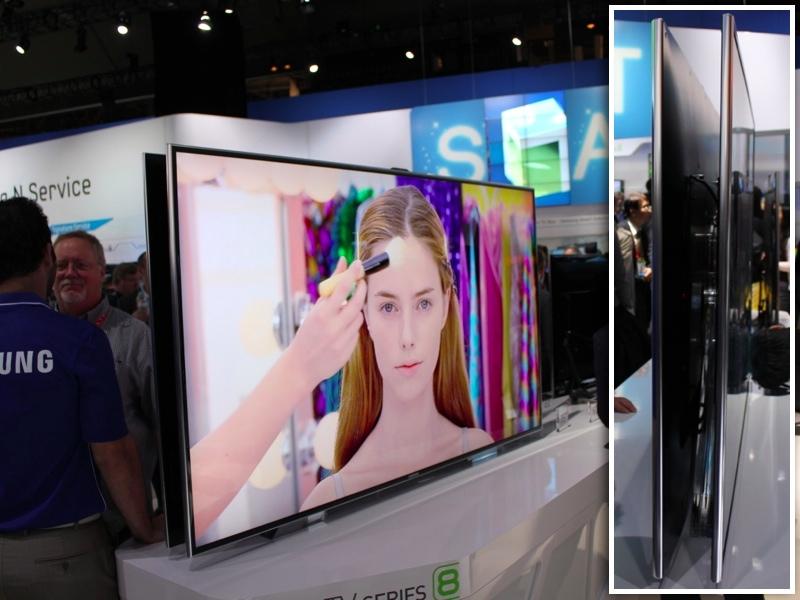Citing a "structural change" underway in the display business, which the company believes is transitioning to OLED screens, Samsung's board of directors approved the spin-off of its LCD business, allowing it to potentially merge with Samsung Mobile Display. The new company will be known by the tentative name Samsung Display Co., Ltd.
Samsung's board of directors believes the spin-off will allow the LCD business to be more competitive going forward. Some companies, like Apple, have been reluctant to buy components like screens from Samsung, as the company also makes smartphones and tablets to compete with its own products in addition to manufacturing components.
The spin-off of the Samsung LCD business will officially take place on April 2, 2012. The new company's decisions will be made by three executive directors and four independent directors.
Indications first arose last week that Samsung was considering spinning off its LCD business, which lost $669 million last year. The spin-off sets up for a possible merger with Samsung Mobile Display, which makes next-generation organic light emitting diode (OLED) displays.
Apple is currently engaged in a number of lawsuits with Samsung, accusing the Korean electronics maker of copying the look and feel of the iPhone and iPad. Rather than relying on Samsung for LCDs, Apple has largely relied LG for iPhone and iPad displays.
Samsung's decision to spin off its LCD business was made as Apple is rumored to be working on its own full-fledged television set, which would place it in a market where Samsung has been a major player for many years. Last week, one Samsung official said his company's expertise in building display panels will give it a leg up on any potential Apple television in terms of picture quality. AV production manager Chris Moseley said he believes the quality of the screen on an HDTV is the most important aspect of the product.
 Katie Marsal
Katie Marsal








 Bon Adamson
Bon Adamson
 Marko Zivkovic
Marko Zivkovic
 Amber Neely
Amber Neely
 Malcolm Owen
Malcolm Owen


 Christine McKee
Christine McKee



-m.jpg)






17 Comments
Poor ole Samsung.Not.
Some companies, like Apple, have been reluctant to buy components like screens from Samsung, as the company also makes smartphones and tablets to compete with its own products in addition to manufacturing components.
I see exactly zero evidence that Apple has "been reluctant to buy components ... from Samsung". The article reports that some other companies are too reluctant to buy. Who are these other companies?
The article seems to make things up out of whole cloth. I woudl like some evidence and specifics to support these contentions.
I've not been following this to be honest. Are Samsung et al 'transitioning to OLED' or AMOLED? Or are the terms used to mean the same thing these days? I was under the impression OLED was too problematic and the active variety was better.
Poor ole Samsung. Not.
Karma.
I've not been following this to be honest. Are Samsung et al 'transitioning to OLED' or AMOLED? Or are the terms used to mean the same thing these days? I was under the impression OLED was too problematic and the active variety was better.
Naturally, Samsung is using AMOLED in their phones, tablets and TVs. Howerer, it's not incorrect to call it just 'OLED'.
Regarding problems, I think the only real issue with AMOLED displays is short lifespan of blue subpixels, which causes color degradation and burn-in.